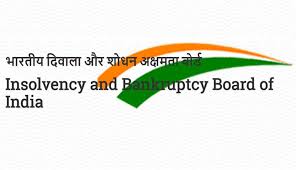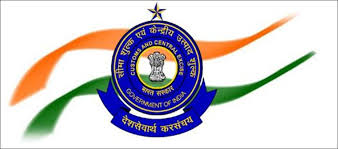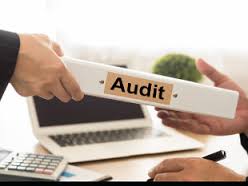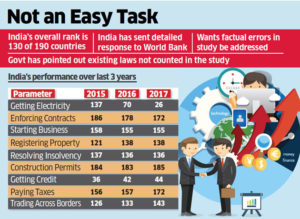
The Insolvency and Bankruptcy Board of India (IBBI), which has so far registered 940 insolvency professionals (IPs), is in the process of granting registration to about 100 more such professionals, according to its whole time member Navrang Saini. “It is a continuous process, the applications come to us through insolvency professionals agencies, we examine the applications and carry out due diligence and then we grant registration to them,” said Saini while addressing an Assocham conference on IBC and RERA. The IBBI had received three applications for registration as information utility (IU) out of which two applicants have been granted in-principle approval and it is in the process of examining the third one.
“We are in the process of giving approval to one of the IU, we may give the final registration if they meet all criteria, we have already given in-principal approval to two IUs and out of that I hope one will start functioning by end of this month, the third application is still under examination with the board,” Saini said.
As on September 12, 3,437 cases have been filed out of which 354 cases have already been admitted by the various benches of NCLT. Out of these, 337 have already been rejected. “To deal with such a large number of insolvency related matters, we need institutional infrastructure,” he said.
Rules for registered valuers are to be made by ministry of corporate affairs which is in the process of notifying and issuing the same.
The board has already invited suggestions on the regulations which have already been notified by the board and it will receive the suggestions up to December 31 and come out with the amendments based on the suggestions received and advisory committees constituted for this purpose by March 31, 2018.
Source: Financial Express







